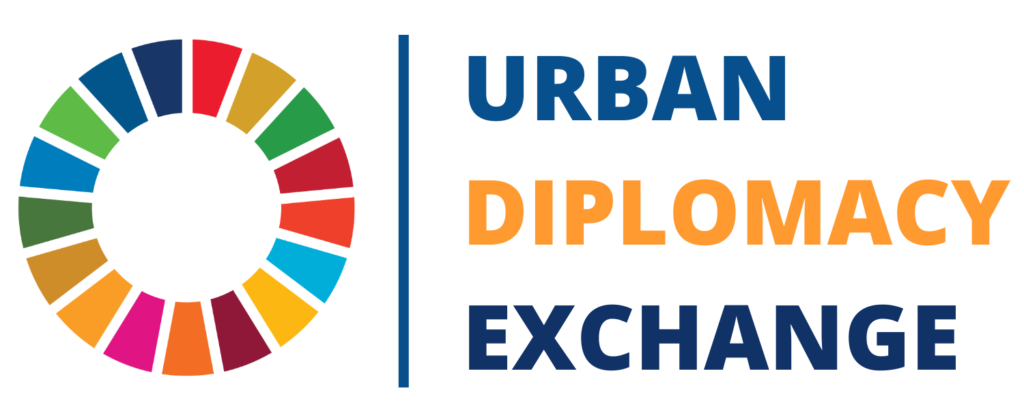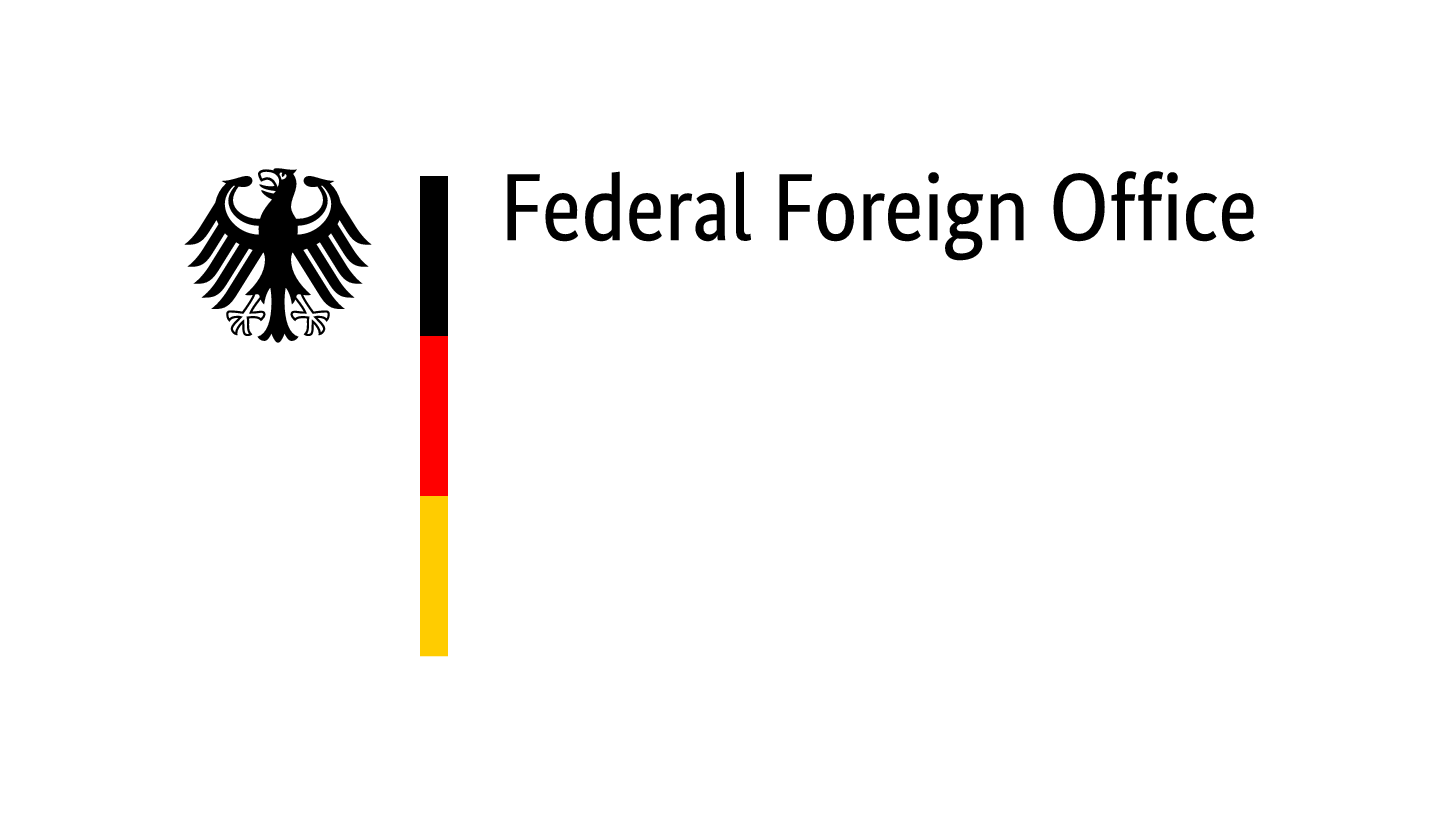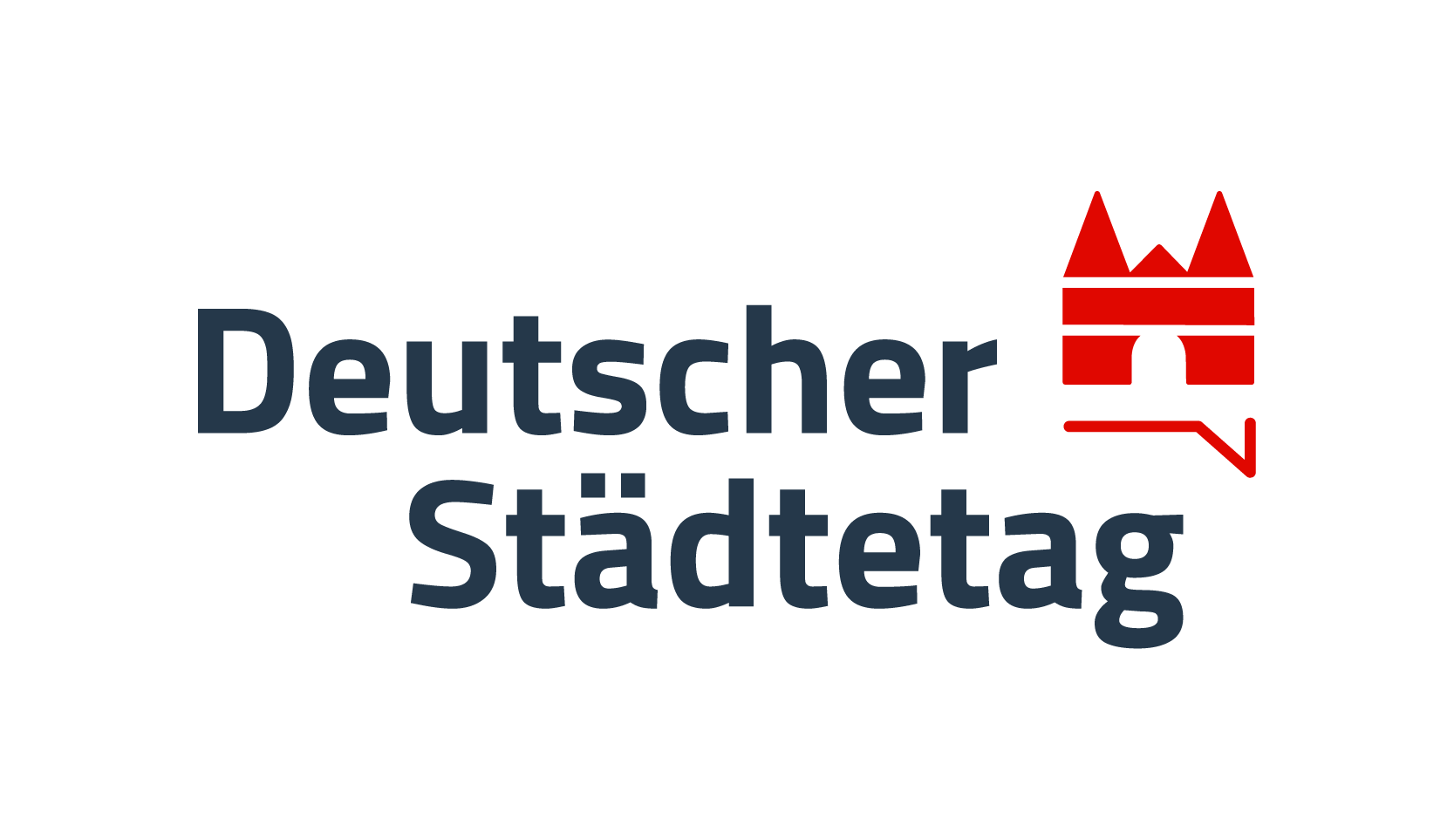Duisburg-Fort Lauderdale
Urban
Diplomacy
Exchange
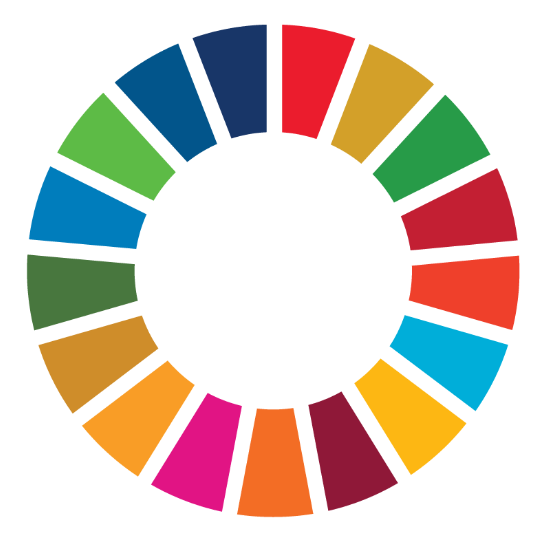
Duisburg-Fort Lauderdale
"Municipal foreign policy" has been practiced in Duisburg for decades as an alternative foreign policy for the municipalities. The long-standing mayor and honorary citizen of Duisburg, Josef Krings, said:
“The fact that you are at the intersection of important development and transport axes does not alone constitute municipal foreign policy. She makes them necessary in the first place. The city must learn to act on these levels of action. Your partners, the companies and associations, already feel at home here. Structural change and internationality belong together. ... Urban politics in our time must acknowledge the international interdependence of economy, culture and social life. Duisburg needs a municipal foreign policy.” (Duisburg International, City of Duisburg, 1995)
The idea of town twinning arose after the Second World War, when the
former opponents of the war pursued the goal of rapprochement. She
are driven by a strong desire for reconciliation, reconciliation and the
"Rebuilding Peace" worn.
Today - more than 60 years later - the goals of the town twinning are far more extensive.
The connections after Fort Lauderdale live from civic engagement. The German-American Friends of the Lower Rhine eV brings students from the USA to the region and vice versa every year. A lively exchange with long-lasting friendships is the successful result of this connection.
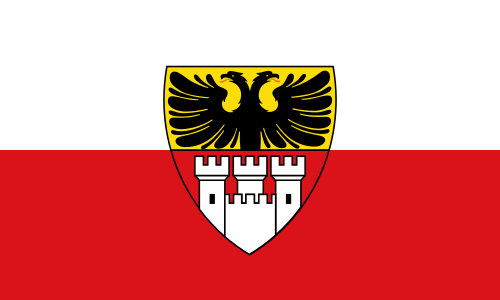
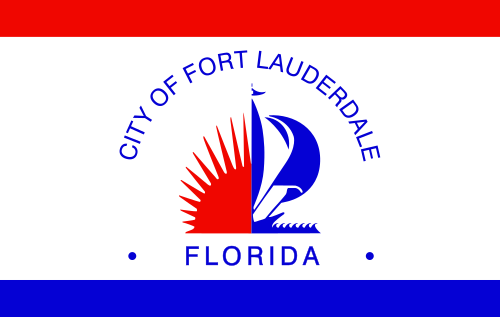
Duisburg and Fort Lauderdale are connected by the blue element: Both cities are on the water, their economy is shaped by trade on the water. Duisburg is known as the world's largest inland port, while Fort Lauderdale is best known to crusaders and yacht fans.
Duisburger Hafen AG duisport in Duisburg-Ruhrort is synonymous with logport and its numerous services in the logistics sector successful structural change in the city. Duisburg has trimodal terminals with water, rail and road connections. The Duisburg ports form the largest inland port in the world and are the leading logistics hub in Central Europe.
The city administrations are also in contact. This intensified in 2021 against the background of the 10th anniversary of the partnership. Both sides expressed the wish for an increased exchange on a professional and civil level. The options for replacing the fire brigades are currently being explored. Another project that is currently still in the planning phase is the virtual classroom: elementary schools are brought together for virtual exchange, even while coping with the time difference. You can find more about Duisburg's international relations here: town twinning | City of Duisburg
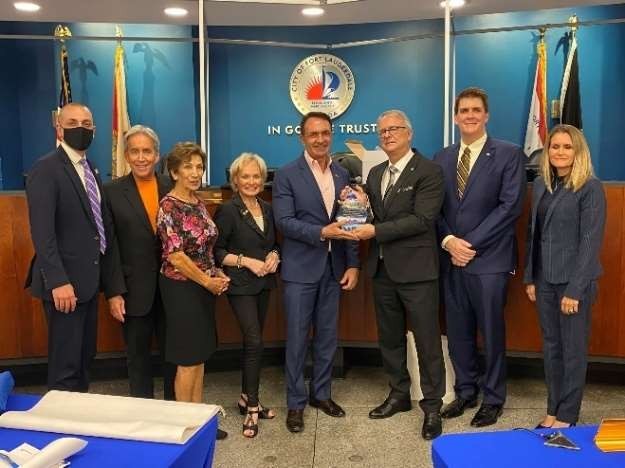
Cosmopolitanism and internationality — since centuries characteristic of Duisburg, where today more than 140 nationalities live together peacefully in the city.
Duisburg's economy was also strong during the Corona crisis: As the largest steel location in Europe, the city on the Rhine produces more than 50 percent of European pig iron and a third of German crude steel. Steel production still characterizes almost the entire urban area.
